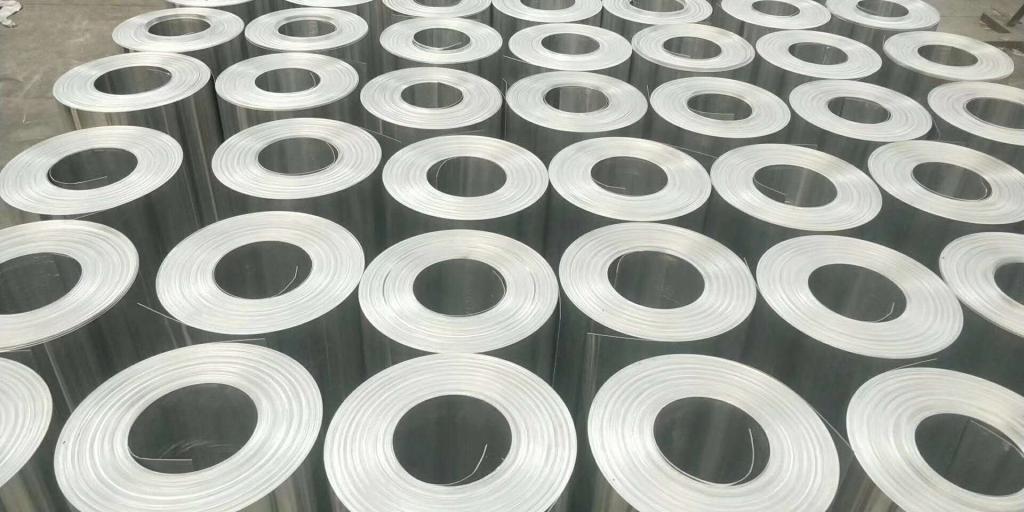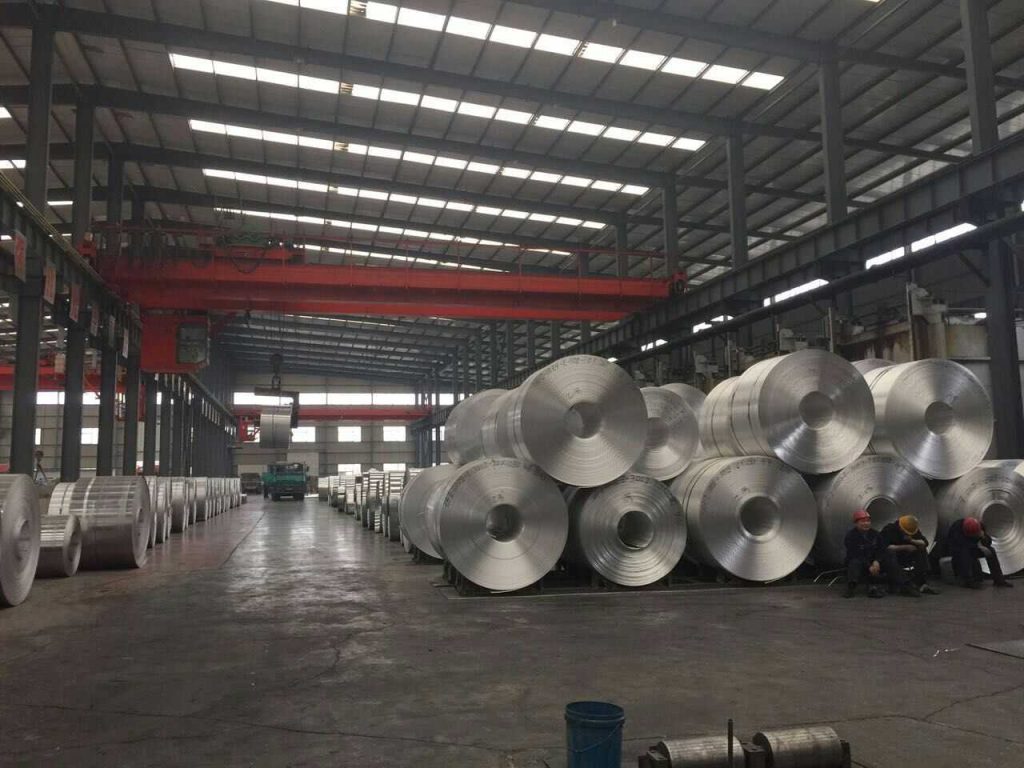Insulated aluminum panels are commonly used for building insulation and decoration, and selecting the appropriate thickness is crucial for their performance and functionality. Here’s a discussion on the suitable thickness for insulated aluminum panels.
Building Requirements
The thickness of insulated aluminum panels typically depends on the specific needs and application scenarios of the building. For structures requiring higher insulation performance, thicker insulated aluminum panels may be necessary to provide better insulation.

Comprehensive Consideration
When choosing the thickness of insulated aluminum panels, it’s essential to consider factors such as the building’s insulation requirements, decorative effects, budget constraints, and construction feasibility. Thicker insulated aluminum panels may offer better insulation performance but could also increase costs and construction difficulty.
Common Thickness
The thickness of insulated aluminum panels usually ranges from 2mm to 6mm, with common thicknesses including 3mm and 4mm. These typical thicknesses strike a balance between insulation performance and structural strength, suitable for most building applications.
Environmental Factors
When selecting the thickness of insulated aluminum panels, environmental factors such as climate conditions, wind loads, and rain erosion should also be considered. In harsh environmental conditions, thicker insulated aluminum panels may be necessary to ensure the stability and durability of the building.
Consultation with Professionals
For uncertainty regarding the thickness of insulated aluminum panels, it’s advisable to consult with professional architects or engineers. They can provide expert advice based on specific building requirements and conditions, ensuring the selection of the most suitable thickness for insulated aluminum panels.

In summary, choosing the ideal thickness for insulated aluminum panels requires comprehensive consideration of the building’s insulation needs, decorative effects, budget constraints, and environmental factors. By carefully considering these factors and seeking professional advice, the most suitable thickness of insulated aluminum panels can be chosen to ensure the building’s insulation performance and structural stability.


